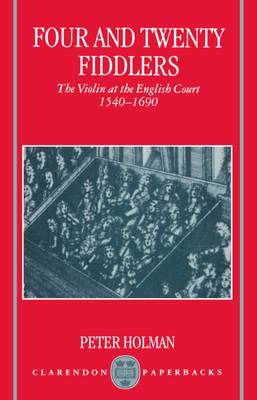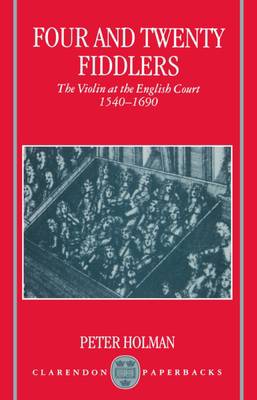
- Afhalen na 1 uur in een winkel met voorraad
- Gratis thuislevering in België vanaf € 30
- Ruim aanbod met 7 miljoen producten
- Afhalen na 1 uur in een winkel met voorraad
- Gratis thuislevering in België vanaf € 30
- Ruim aanbod met 7 miljoen producten
Zoeken
Omschrijving
Elektra was the fourth of fifteen operas by Strauss and opened his successful partnership with the librettist Hugo von Hofmannsthal. Gilliam's study of this major work examines its musical-historical context and also provides a detailed analysis of some of its musical features. He establishes a chronology of the evolution of the opera and places it in the larger framework of German opera of the time. His detailed examination of the sketchbooks enables him to offer fresh insight into Strauss's use of motifs and overall tonal structure. In so doing he shows how the work's arresting dissonance and chromaticism have hidden its similarities to his later, seemingly more tonally conservative opera, Der Rosenkavalier: not only does Strauss exploit in both a variety of musical styles to express irony, parody, and other emotions, but both are in fact thoroughly tonal.
Specificaties
Betrokkenen
- Auteur(s):
- Uitgeverij:
Inhoud
- Aantal bladzijden:
- 284
- Taal:
- Engels
- Reeks:
Eigenschappen
- Productcode (EAN):
- 9780198166023
- Verschijningsdatum:
- 1/08/1996
- Uitvoering:
- Paperback
- Formaat:
- Trade paperback (VS)
- Afmetingen:
- 138 mm x 215 mm
- Gewicht:
- 399 g

Alleen bij Standaard Boekhandel
+ 165 punten op je klantenkaart van Standaard Boekhandel
Beoordelingen
We publiceren alleen reviews die voldoen aan de voorwaarden voor reviews. Bekijk onze voorwaarden voor reviews.











